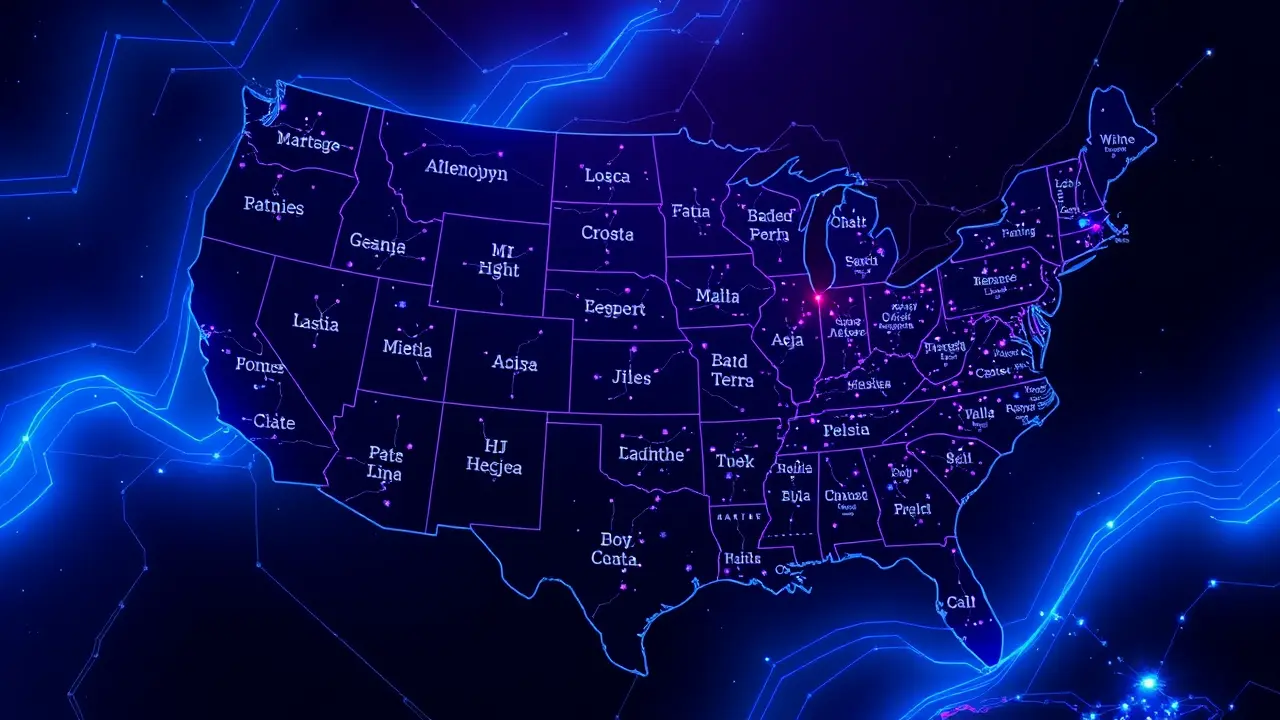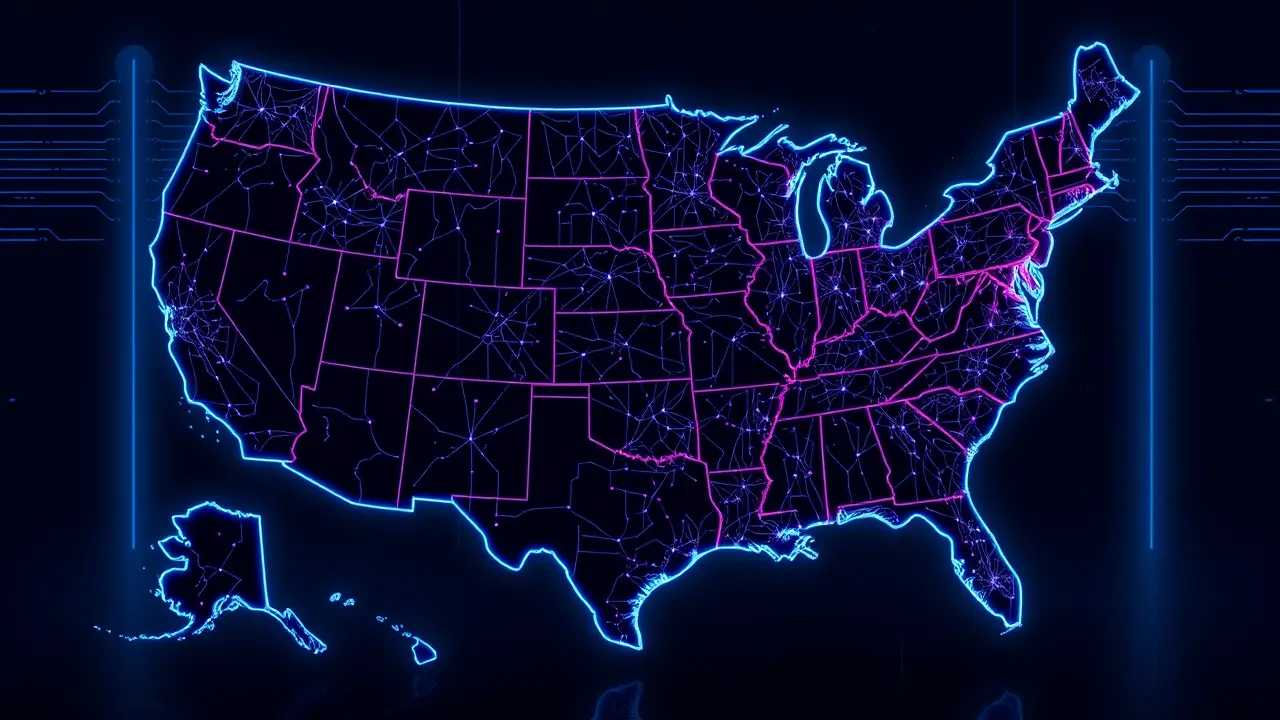
PoliticselectionsElection Monitoring
Local Election Officials Face Security Challenges Amid Federal Cutbacks.
RO
Robert Hayes
13 hours ago7 min read3 comments
Local election officials across the United States are navigating a precarious new reality as they head into the first major electoral tests in years without the robust federal support that had become a cornerstone of election security. This represents a stark reversal from the posture established over the preceding decade, where agencies like the Cybersecurity and Infrastructure Security Agency (CISA) served as a central nervous system for monitoring both cyber and physical threats, fostering a hard-won trust with state and local administrators.That foundational partnership is now disintegrating under the weight of severe budget cuts and strategic redirections, leaving county clerks and secretaries of state with diminished threat intelligence, fewer resources for system hardening, and a palpable void in expert federal guidance. The situation evokes historical parallels to periods of federal retrenchment in other critical infrastructure sectors, where initial cost savings were later eclipsed by systemic vulnerabilities.As Brianna Lennon, the county clerk in Missouri's Boone County, poignantly observed, the dissolution of these carefully constructed relationships is 'heartbreaking,' underscoring that the damage extends beyond mere funding to the very fabric of intergovernmental cooperation. The tangible manifestations of this withdrawal are profound: CISA's dedicated election monitoring room, a fixture during previous election cycles designed to field and disseminate real-time information on active threats, remains dark this year.Concurrently, the Election Infrastructure Information Sharing and Analysis Center (EI-ISAC), a vital conduit for real-time threat alerts to election operators, has lost its federal funding, and CISA has laid off its specialized election security staff, including the field personnel who conducted physical and digital assessments of election infrastructure. This strategic retreat, initiated since January, has reshaped the nation's election security landscape, scaling back efforts to combat disinformation while limiting direct support, a move that forces local officials like Lennon to operate without the expert oversight they relied upon.In response, a patchwork of ad hoc measures is emerging. As Pamela Smith, president and CEO of Verified Voting, notes, election officials are conducting their own tabletop exercises to game out threat scenarios, while regional networks and national associations are becoming critical, if imperfect, backchannels for sharing information.Smith maintains a stoic confidence, asserting that 'We ran elections before there was critical infrastructure support, and we'll have elections again, even without federal support,' echoing a tradition of American localism. However, this optimism is tempered by a harsh fiscal reality: without sustained federal funding, smaller election offices will inevitably struggle to afford the advanced resources needed to secure their systems against increasingly sophisticated threats, potentially forcing them to hire expertise on an as-needed basis or, more alarmingly, to simply 'fly blind.' The political intrigue deepens with the Trump administration's simultaneous deployment of federal monitors to polling sites in jurisdictions across California and New Jersey, a move ostensibly to 'ensure transparency, ballot security, and compliance with federal law' but one that voting rights groups decry as a political tactic to cast doubt on elections in Democratic-leaning areas—a concern amplified by California's decision to send its own monitors to observe the federal observers. This juxtaposition of withdrawn support and heightened scrutiny creates a dissonant and challenging environment for administrators. The path forward now hinges on state and local officials building new, resilient networks to fill the vacuum, yet as the 2024 election cycle looms, the erosion of trust in federal partnerships may take years, if not a full electoral generation, to repair, leaving the integrity of the process to be tested in a crucible of diminished resources and heightened political tension.
#election security
#federal support
#budget cuts
#CISA
#local officials
#threat intelligence
#featured
Stay Informed. Act Smarter.
Get weekly highlights, major headlines, and expert insights — then put your knowledge to work in our live prediction markets.
Related News
© 2025 Outpoll Service LTD. All rights reserved.













